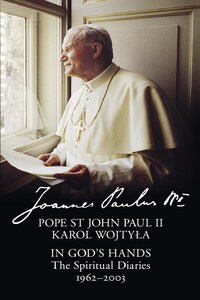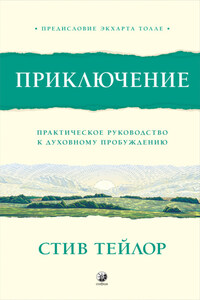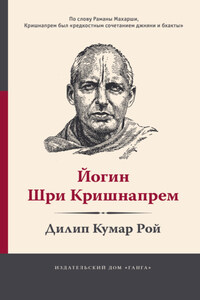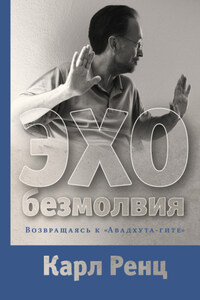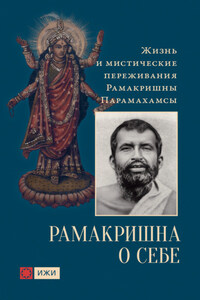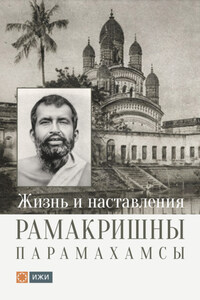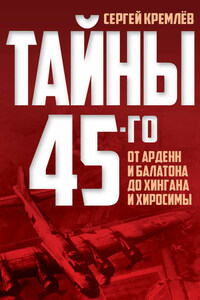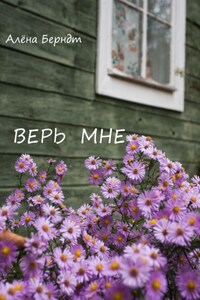William Collins
An imprint of HarperCollinsPublishers
1 London Bridge Street
London SE1 9GF
WilliamCollinsBooks.com
This eBook edition published by William Collins in 2017
Copyright © Centrum Jana Pawła II ‘Nie lękajcie się’ 2017
English translation © Dr Joanna Rzepa 2017
Znak Publishing House on behalf of the author hereby asserts the author’s moral right to be identifed as the author of this work
Cover photo by Gianni Giansanti, Corbis
A catalogue copy for this book is available from the British Library.
All rights reserved under International and Pan-American Copyright Conventions. By payment of the required fees, you have been granted the non-exclusive, non-transferable right to access and read the text of this eBook on-screen. No part of this text may be reproduced, transmitted, downloaded, decompiled, reverse engineered, or stored in or introduced into any information storage and retrieval system, in any form or by any means, whether electronic or mechanical, now known or hereinafter invented, without the express written permission of HarperCollins Publishers.
Source ISBN: 9780008101053
eBook Edition © February 2017 ISBN: 9780008101060
Version: 2018-02-08
Not since the publication of Journal of a Soul, the spiritual autobiography of Pope John XXIII, have we had such privileged access into the spirituality of a pope. This is what we have been given with the publication in English of the spiritual diaries of Pope John Paul II. In God’s Hands has already been published in his native Poland and in Italy where it has been a phenomenal success. English-speaking readers will now benefit from the extraordinary insights of this spiritual journal.
The two notebooks from which it is drawn are not chronological. However, the first covers the years 1962–1984, whilst the second includes notes at retreats given to the Pope and Roman curia between the years 1985 and 2003. The electrifying element in this publication are the pages of handwritten reflections, explanations and prayers bearing characteristic insights of Pope John Paul II. There is an Ignatian structure to much of his response to the various presentations, homilies, feast days, Liturgy of the Hours and Mass celebrated during the retreats. This structure enables an amazing personal response to take place, with the unique ability to link such thoughts and texts to his own inner life as well as to the public ministry he was called to exercise in the Church and in the world.
In God’s Hands is unusual in that the immediacy of the Pope’s response is given, not just through his handwriting, but in the deepest thoughts elicited by the presentations of the retreat givers. This is not a sedate, refined or sanitised journal of devotion. It allows the reader to follow the different paths which lay before one who was sincerely discerning the will and plan of God unfolding in his own life.
In all this, the leitmotif of obedience to the will of God is obvious not least in his episcopal motto ‘Totus Tuus’. In his devotion to Mary, Pope John Paul II saw someone who was attentive to the will of God, the woman who listened, the woman who believed that God’s plan could be fulfilled through her obedience. By the same token, that obedience, which is based on prayerful listening and the response which follows, was the foundation of the dynamism he was able to bring to the papal ministry.
‘Prayer is the language of our hope’ wrote Cardinal Ratzinger, quoted in one of the spiritual conferences eliciting a very full entry in the retreat notes. Herein lies another path to the heart of the love of God when ‘Heart speaks to heart’ (Cardinal Newman) but always in the silence of the heart. Of course intercession is part of the prayer of Pope John Paul II as he prays for the needs of the world and the Church and all people. But it is in his prayer of adoration and contemplation that he comes to know himself as he is known. This is the path of the mystic, recognising that heaven is ‘… a space that Christ made for man in God’ (Ratzinger). This is also what allowed the Pope to spend time alone with God in prayer ‘… at the morning watch and even in the night’ (
